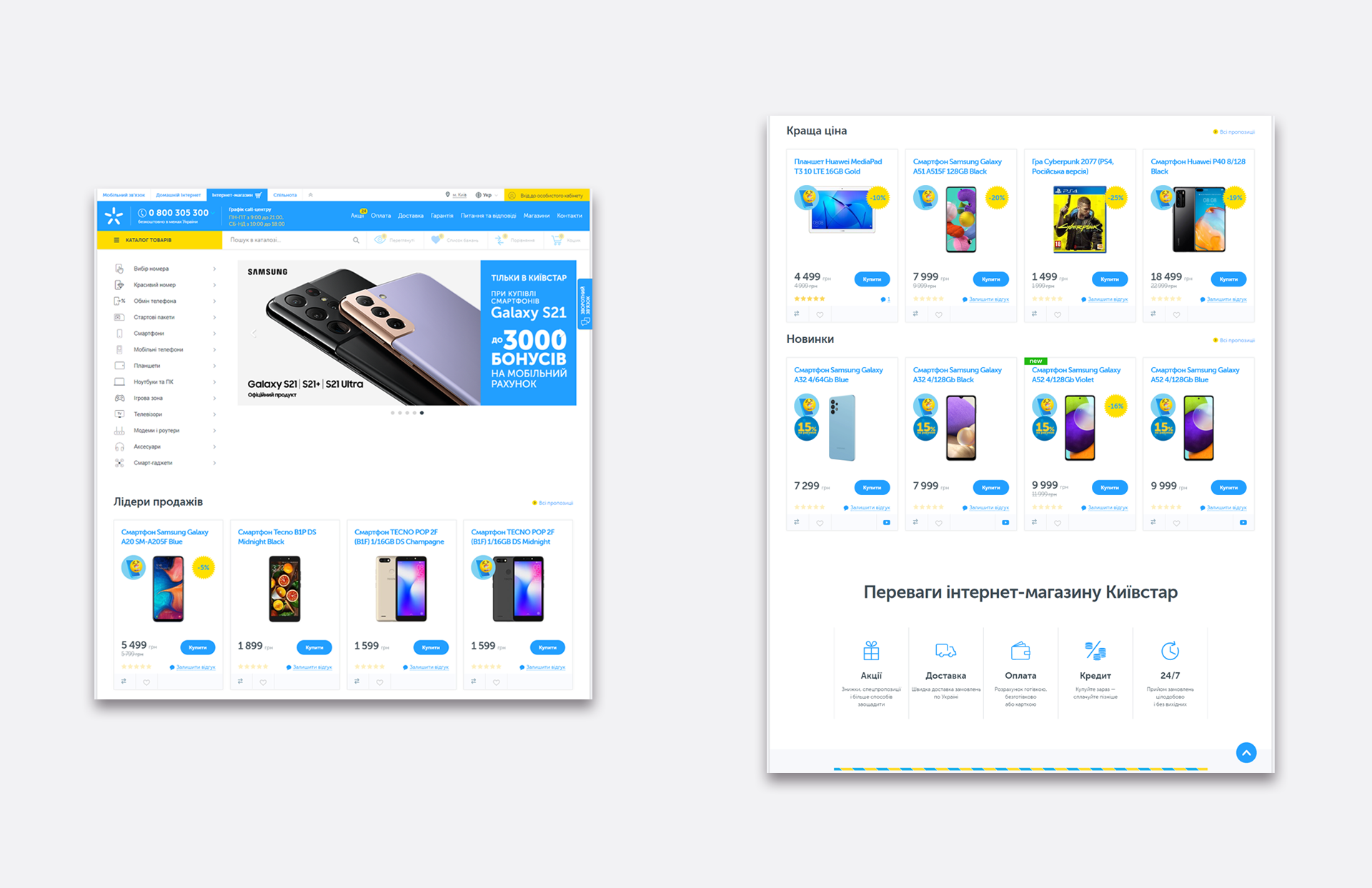
SYMFONY 2/3/4
Symfony is a php framework for developing complex and productive web applications. It is a powerful and functional platform with a well-thought-out architecture and detailed documentation. Symfony is designed for long-term, labor-intensive, non-standard, and large-scale projects. The popular Drupal CMS was created with its help and any of your projects can be implemented.
A framework is a skeleton of a web application. A development platform makes writing code easier and more structured. Frameworks have design rules and modules - libraries and other tools that facilitate the assembly of a finished project. The speed of development, ease of collaboration between several specialists, as well as scaling and modernization of a web application depend on the platform, but not only. In addition, the framework affects how fast and stable the application or website will work.
Using a framework for application development is always beneficial for projects with complex business logic or large-scale web applications where performance, speed, reliability, and security are important. Only very simple programs or very loaded programs that receive from 10 thousand requests per second and require low-level optimization are written in pure code. It is beneficial to install a CMS, a ready-made content management system, if you have, for example, a small online store or blog. It will be cheaper and faster. In all other cases, the primary task is to choose a framework. Each programming language has several frameworks, and Symfony is one of those created for PHP.
Symphony is called an "academic" php framework because of its sometimes complex code, but this, along with its structured nature, makes it the most powerful and fastest platform. Regardless of the complexity, number, and non-standardization of tasks, the flexible system guarantees speed and stability. Symfony is designed for growing and evolving projects. With it, you will have a possibly complex, but concise and structured web application with common modules that can be reused and combined with new custom ones when you need to scale the site.
Symphony has one of the highest entry thresholds. It takes a lot of time, at least three years, and even more practical experience to learn all the nuances of the platform and make the most of them. Only those who are confident in their abilities take on Symfony project development. If you don't, they will simply offer to create an application on Laravel, as the most common PHP framework, or one of the JavaScript platforms. By the way, this is not always a bad thing - you need to choose a platform based on your business objectives.
The main feature of Symfony is the active use of non-standard solutions for improvement. This php framework has many adapted ideas from other languages, such as dependencies and modularity from Java, and their number is constantly increasing. In practice, this means that if you have a truly innovative idea for a web application, it is best to implement it using Symphony.
Symfony has dozens of php libraries that are freely available on the website and can be used not only within the framework. Together with the ability to reuse modules, this means that your developers will not waste time creating common functions, but will be engaged in the implementation of non-standard ideas for a web application. Out-of-the-box tools include a web debugging panel, error pages, and security solutions.
Symfony is a modular framework. It consists of many "packages", plugins that make up an application. A module can be the full core of the platform and a separate small function that is already included in it. Developers can take from the system only what is needed for your project without overloading it. Modules allow you to completely rebuild the core, and customizable connections between modules make this a simple task that does not require a complete reconfiguration.
Symphony is free and open-source software, which is being improved by the creator company SensioLabs and a large community of developers. Programmers who encounter a problem can always contact official representatives or the community for help. Currently, more than 3000 people from all over the world are working on improving Symphony, and the active part of the community has 200 times more developers.
Symfony adheres to all PHP standards, but is not limited to them. Developers can use only a part of the framework's tools and many third-party compatible programs. They do not need to rewrite working solutions if they can connect them and access the entire Symfony library, which significantly saves development time. In addition, Symfony components can be used as a microframework in other php projects.
Symfony has ready-made solutions for almost all minor functions, as well as a web debugging toolbar, error pages, support for development environments, and much more, which simplifies and therefore makes it easier and faster to work on a project. One of Symfony's core values is creative freedom. The framework strives to do all the routine programming for the developer so that he or she can focus on the really important tasks that determine the success and profitability of a web application.
Symfony is a complex but incredibly flexible and productive framework with which you can implement any unusual business logic. If you have an innovative idea and a desire not only to create but also to develop a project, Symfony is for you.


